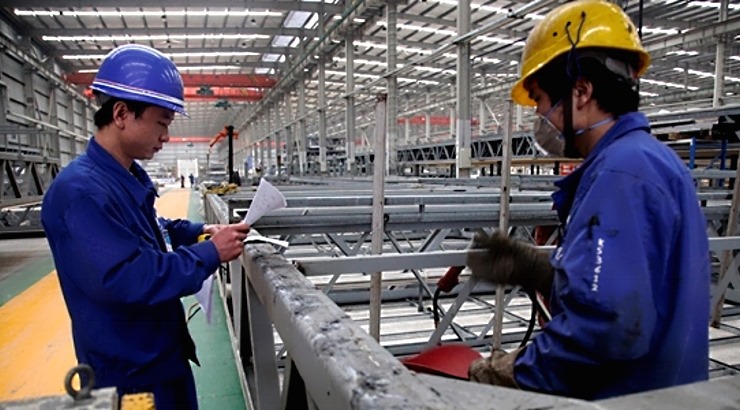Industry News
Kenya Bets on Chinese Tech to Solve Housing Crisis
The country has been tipped to benefit by tapping into Chinese building technology.

Kenya is betting on the use of modern construction technology from China to ease the country’s housing deficit which stands at 1.85 million houses, an official has said.
Oliver Okello, the director of the Kenya Building Research Centre, said in an interview that China had distinguished itself as a global leader in construction and that Kenya could benefit greatly by tapping into Chinese building technology.
“We are therefore seeking to partner with Chinese building research institutes so that we can borrow and benchmark Kenya’s construction sector with the best in the world,” Mr Okello said, adding that the research partners will help transfer expertise to the Kenyan real estate sector.
Mr Okello noted that Chinese companies undertaking projects in Kenya had managed to transform the country’s construction industry within a short time due to their ability to use technologies that greatly reduce construction timelines.
He said Kenya could significantly lower building costs if Kenyans could produce high-quality construction materials locally to save builders the hustle of importing costly materials from developed countries.
“Most of the materials used in construction are imported and this drives up the cost of houses,” he said.
The sentiments echo those of Knight Frank Kenya managing director Ben Woodhams who says Chinese investments in Kenya have advanced the country’s real estate through technology transfer.
“What we are seeing is new forms of technology from China in terms of building efficiency in the form and type of construction which are spilling over to the rest of the market players,” Mr Woodhams said during the release of The Wealth Report 2018 early this month.
Mr Woodham said that through Chinese building technology, Kenya will be able to further enhance the status of its real estate.
RELATED: Kenyan Builders Urged to Adopt Brazilian Technologies
Chinese firms have mainly been hired to undertake government infrastructure projects such as the standard gauge railway and major highways.
This is, however, changing and “now we are seeing them move onto the commercial real estate sector and especially in constructing big mixed-use schemes consisting of retail shops, office space and hotels,” Mr Woodham said.














